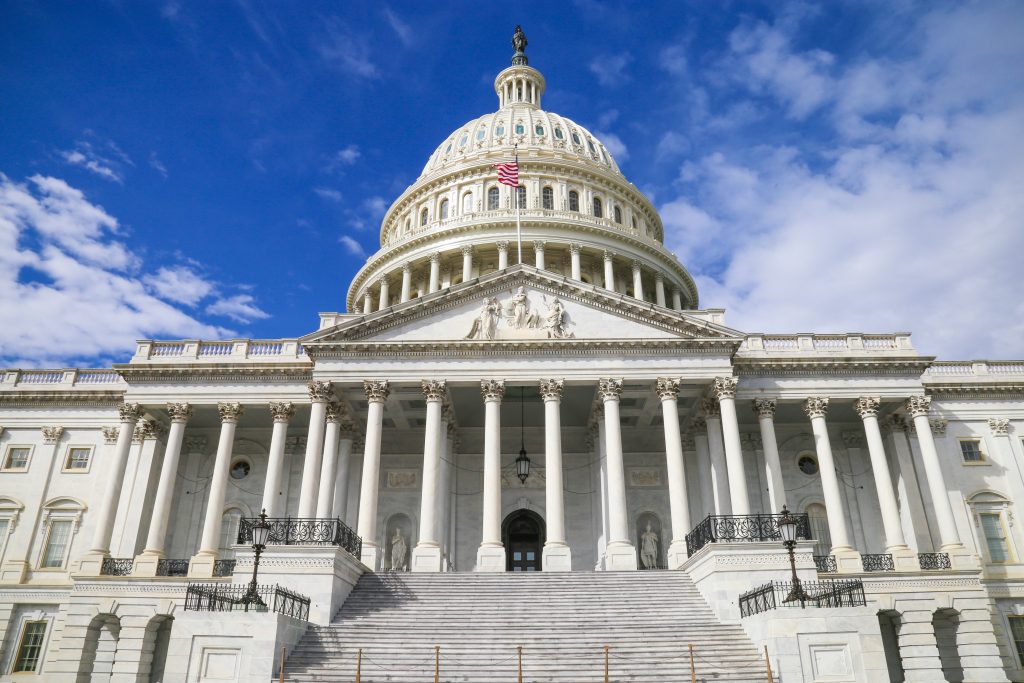America’s challenges are many, and some are so thorny the federal government cannot solve them alone.
Enter the Presidential Innovation Fellows (PIF) program, a marriage of public-sector resources and private-sector entrepreneurship. PIF is a competitive, 12-month fellowship that pairs talented innovators outside the federal ecosystem with top civil servants on some of the nation’s trickiest problems.
Fellows may face upcoming missions including helping the Veterans Affairs Department improve services for veterans and ease the transition between military and civilian life.
PIFs strive to quickly deliver outside-the-box solutions, with the results including changes in agency culture, new policies or fresh technology solutions, said Ben Willman, PIF’s Acting Executive Director. “Urgency and importance are at the heart of what we look for with PIFs.”
The deadline for fall 2018 applicants is June 24, and potential fellows must explain why they want to participate in the program. Applicants are also required to detail an idea, project or initiative they started, and they can expect interviews with potential management in July if selected for the next round. Participants must ultimately pass a background check for their fellowship, and those selected will begin their tours this September.
“You can rest assured that when you come into the PIFs program, you can work on important national issues,” Willman said. “If you want to have the most special, transformative time of your life, join the PIF program and see what kind of dent you can make.”
Willman – a former PIF fellow – said participants embed with federal agencies, bringing fresh perspectives on the government’s biggest obstacles. Fellows are the best and brightest of academia, non-profits and the private sector, giving the government their valuable insights about problem-solving.
PIFs partner with senior leadership at federal agencies, serving one-year terms that can be extended to a maximum of four years. The projects are often vast, and the goal is creating better products and services for citizens.
One of this fall’s potential projects is helping the State Department “better utilize data in its communications with foreign citizens,” according to a June 1 press release about PIF.
“[It’s] to further our foreign policy objectives, bolster our nation’s reputation and trust and help State employees better connect with people around the world,” the General Services Administration’s (GSA) statement added. The PIF program is housed within GSA.
Another possible undertaking is supporting the Agriculture Department as “it re-envisions how it engages with its customers, America’s farmers, ranchers, conservationists and private foresters.”
“In the PIF program, we articulate that you’re here with your agency partners to lift them up,” Willman said. “They’re the ones that are going to be there when you’re gone.”
Joshua Di Frances, PIF’s Deputy Director, Director of Operations said people selected as PIFs possess the required expertise and a collaborative spirit. In terms of the process for selecting PIF projects, Di Frances said the program focuses on issues that are of strategic importance and those that agencies have had a tough time solving.
“We also want the problems to be tip of the spear type work the fellows have the opportunity to shape, define and lead,” Di Frances continued. “We want it to be more strategic so the fellows can really dive into the problem.”
Di Frances noted that humbleness and teamwork are vital qualities for fellows seeking progress alongside their host agencies.
“One of the things we look for in fellows is high emotional intelligence, like humility,” Di Frances said. “You’re facing tough, complex challenges and creating solutions for the American people.”
Willman said part of PIF’s appeal is the creativity exercised while tackling some of America’s steepest hurdles.
“We know the areas [PIFs] are going to work on, but we don’t specify the outcome,” he said. “If you’re an impact junkie, apply at PIF.gov.”
